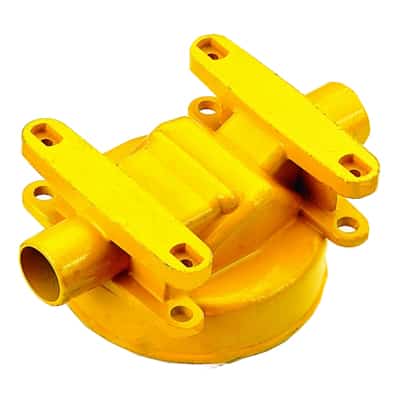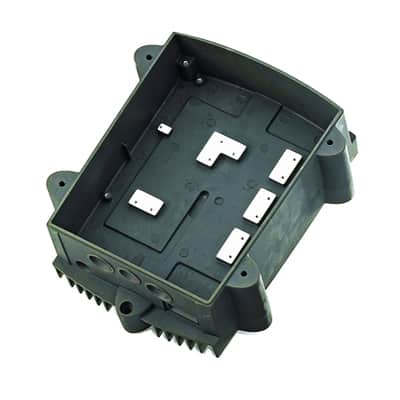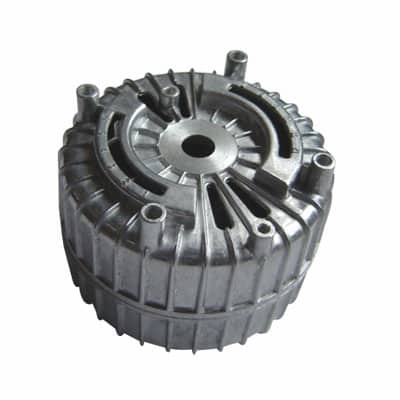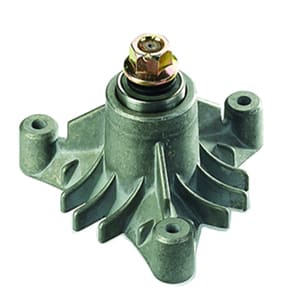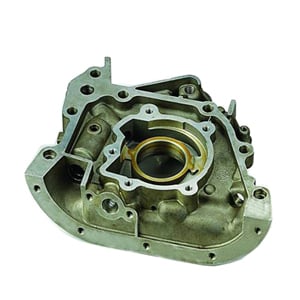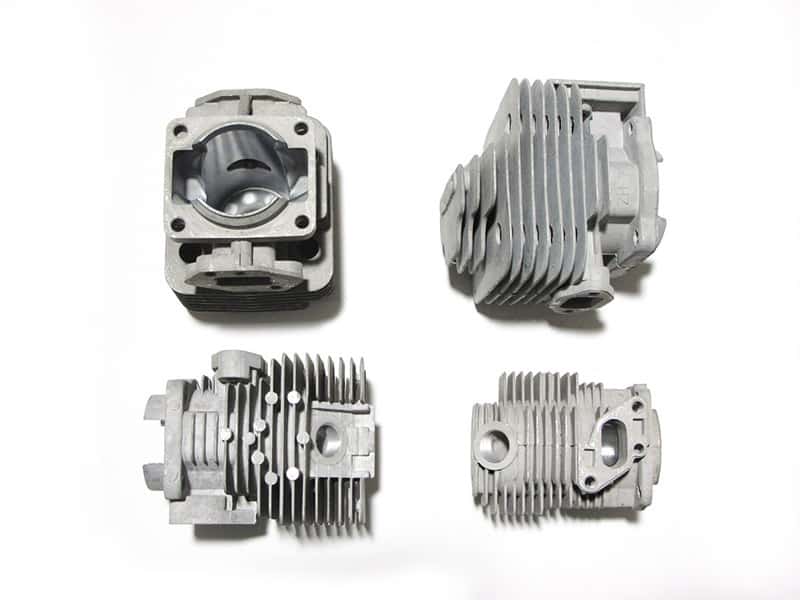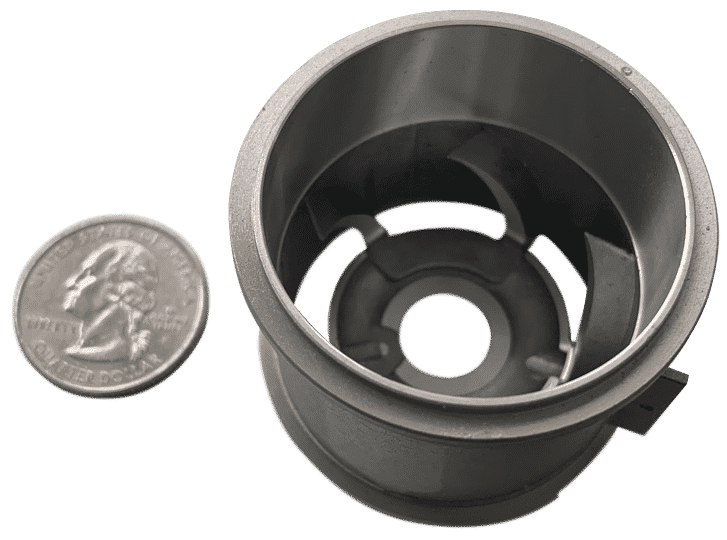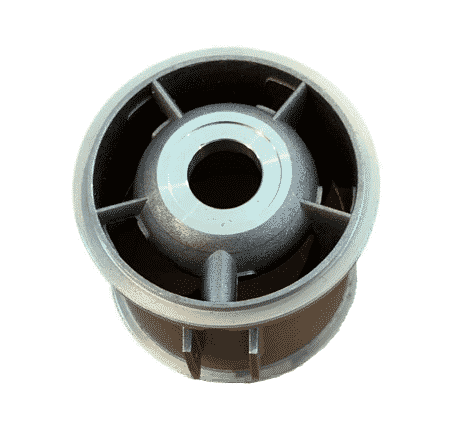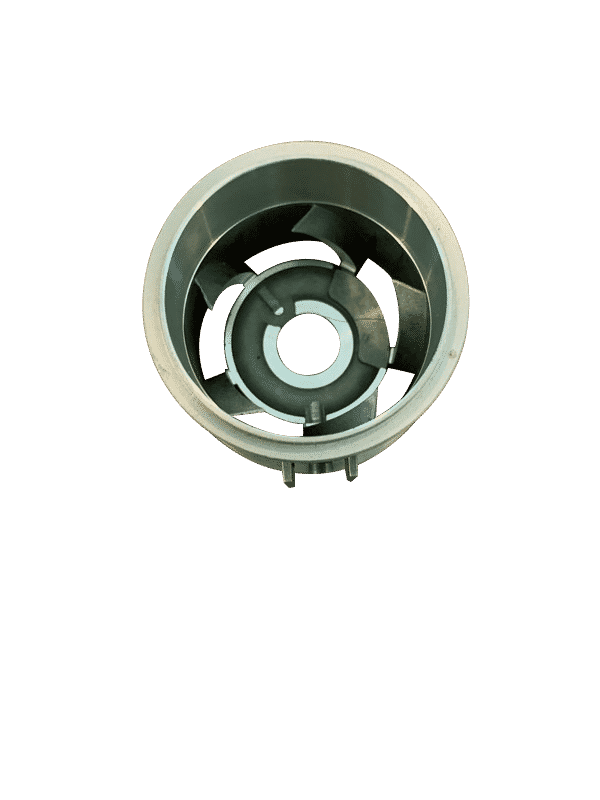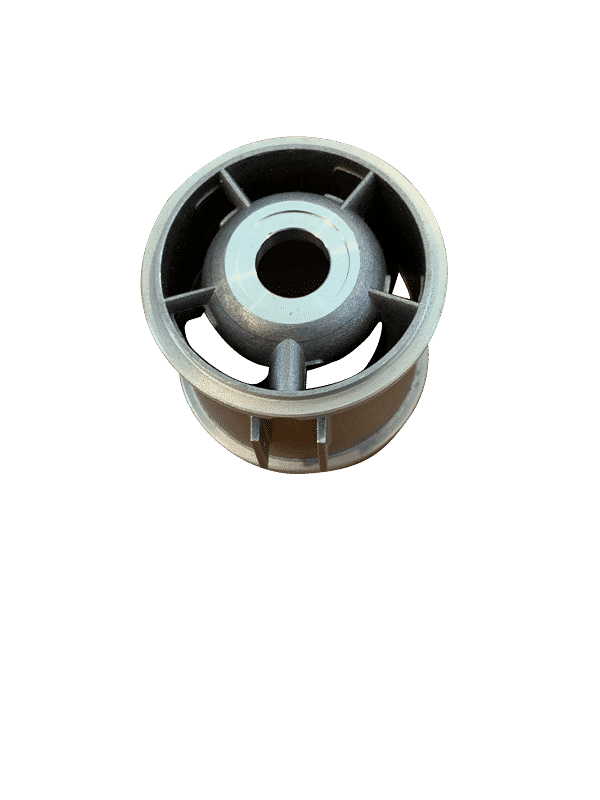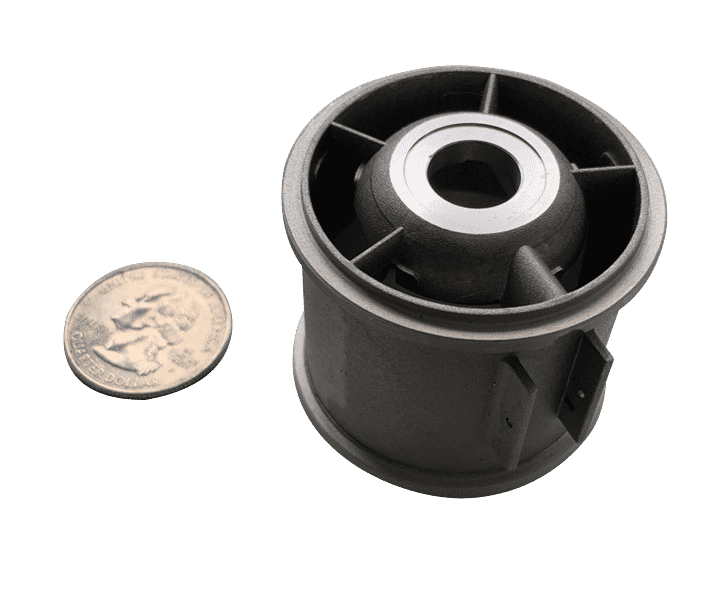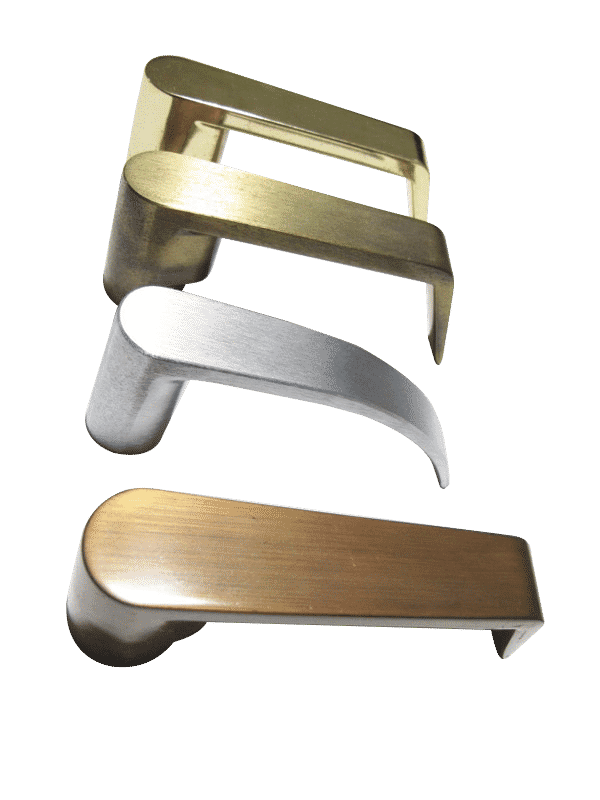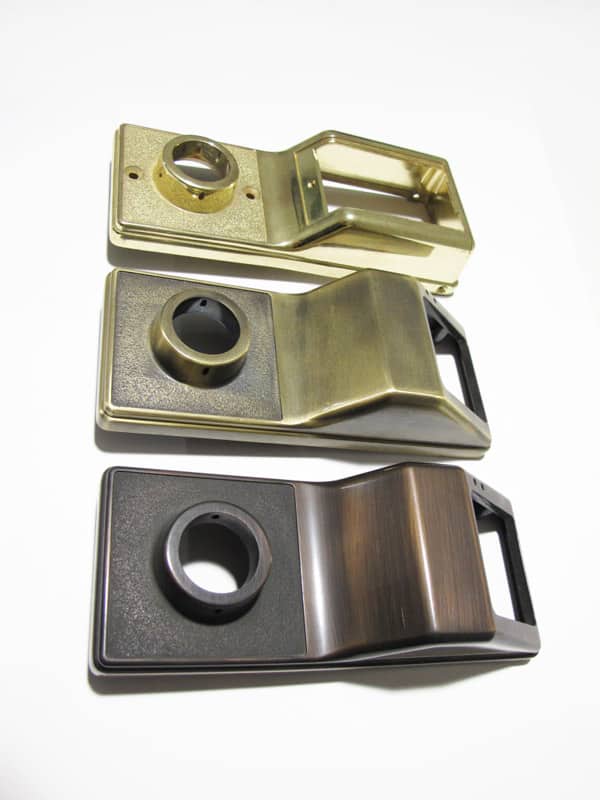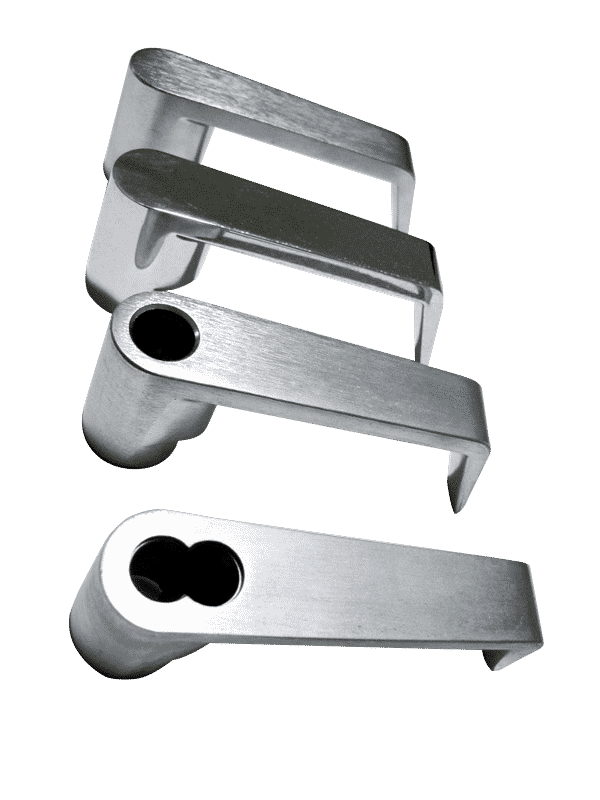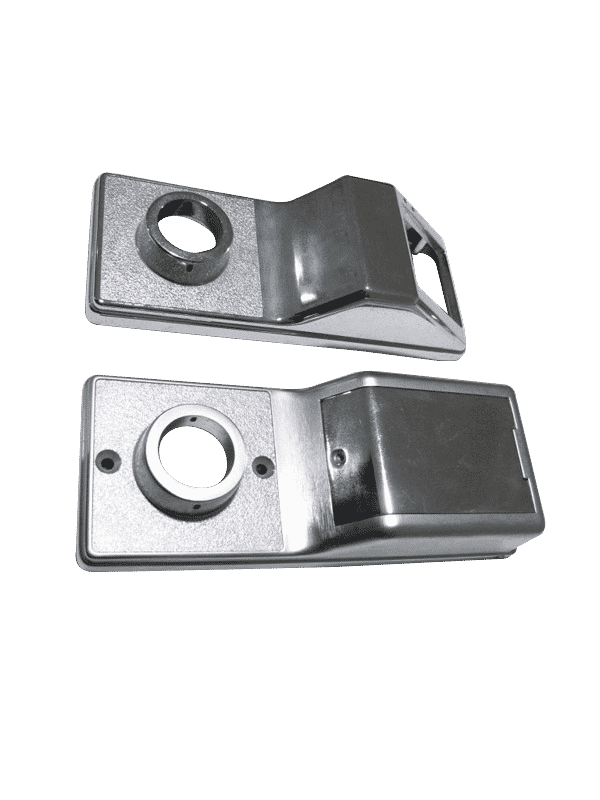Die Casting
The metal forming process known as die casting has been around since 1838. In 1885, the die casting process was automated by Otto Mergenthaler with the invention of the linotype machine. This invention enabled manufacturers to affordably mass produce highly detailed parts. Like those 19th century businesses, modern industrial leaders and manufacturers continue to seek high-quality components that are fabricated efficiently and cost-effectively.
Mardek solves even the most complex manufacturing challenges via our global network of facilities. We specialize in high-quality, precision manufacturing services while keeping prototyping and design costs as low as possible on every project. As a single-source solution, we offer:
- Initial design assistance
- Precision machining
- Metal finishing
- Final assembly
What Is Die Casting?
Die-casting takes molten metal and pours it into reusable steel molds known as dies. Geometrically complex parts or components can be reliably reproduced with a high degree of repeatable accuracy using this process. In the modern manufacturing industry, die cast parts make up a large volume of all mass-produced items worldwide. Over 90% of all finished manufactured products include die cast components. These parts are used in a broad range of industrial, commercial, and consumer products.
Common die cast products include:
- Sinks and faucets
- Appliances
- Housings
- Fittings
- Toys
- Telecommunications
- Equipment
- Tools
- Pumps
- Hardware
- Automotive drive trains
Die Cast Capabilities from Mardek
Each metal used in die casting has its own set of features and benefits that make it useful for specific applications. Common materials we use for die casting include:
- Aluminum
Aluminum offers high dimensional stability for complex shapes without adding too much weight. It also features high thermal and electrical conductivity and good mechanical properties. - Zinc
The easiest metal to cast, zinc is an ideal choice when it comes to casting small parts. Its properties include high impact strength, high ductility, easy plating. - Magnesium
Magnesium is the easiest metal to machine and mold, possesses an impressive strength-to-weight ratio, and is the lightest of the common metals used for die casting. - Copper
The properties of copper make it ideal for die casting, though it is also an expensive choice. The beneficial properties include excellent dimensional stability, wear and corrosion resistance, a high hardness factor, and naturally occurring antimicrobial properties. - Tin and Lead
Letterpress printing and hot foil blocking are the most common uses of these two metals in die-casting. These metals, which maintain a high density, provide for extreme precision and accuracy in casting.
Hot Chamber vs. Cold Chamber Die Casting
There are two different types of die casting machines utilized in the industry: hot-chamber machines and cold-chamber machines.
- Hot Chamber Machines
Often referred to as “gooseneck machines,” hot-chamber die casting machines use pneumatic- or hydraulic-powered pistons to force molten metal into the die. These machines can produce parts at a higher rate. They also feature the added convenience of melting metal inside the machine, though their use is limited to metals with a low melting point. - Cold-Chamber Machines
Metals with high melting points cannot always be die casted in hot chamber machines. Instead, they must be melted in a separate furnace to begin the metal casting process. The molten metal is then transferred to an unheated shot chamber where a hydraulic or mechanical piston drives it into the die. Cold chamber die casting operates at a slower rate due to the time consumed while transferring material from the furnace into the machine.
Advantages of Die Casting
Die casting services provide a number of advantages. These include:
- The capacity to design and create complex shapes with a high degree of accuracy and reliability.
- Cost savings through the bulk production of parts and components from a single design mold.
- Combining multiple components without the need for an assembly line.
- Reduction of scrap or waste.
- Faster production cycle times.
Die casting allows for the mass production of complex parts and components in less time and at a lower cost. Mardek is a worldwide leader in the die-casting industry, and our factories possess ISO 9001 and TS 16949 certifications to guarantee quality in every part we fabricate. We specialize in precision manufacturing services at a competitive cost, and we are dedicated to providing personalized customer care.
Mardek provides a broad range of die casting services, such as:
- Aluminum die casting
- Zinc die casting
- Miniature-to-large part capability
- Polishing
- Plating
- Painting
- Powder coating
- Machining
- Assembly
To discuss our die casting capabilities and how we can provide cost savings to your operation, please contact us.
Offshore Manufacturing Services
Mardek is a supplier of contract offshore manufacturing services in metal and plastic processes. We can help with you find the right solution for your contract metal fabrication, metal casting, plastics manufacturing components, assemblies, and even complete products.


